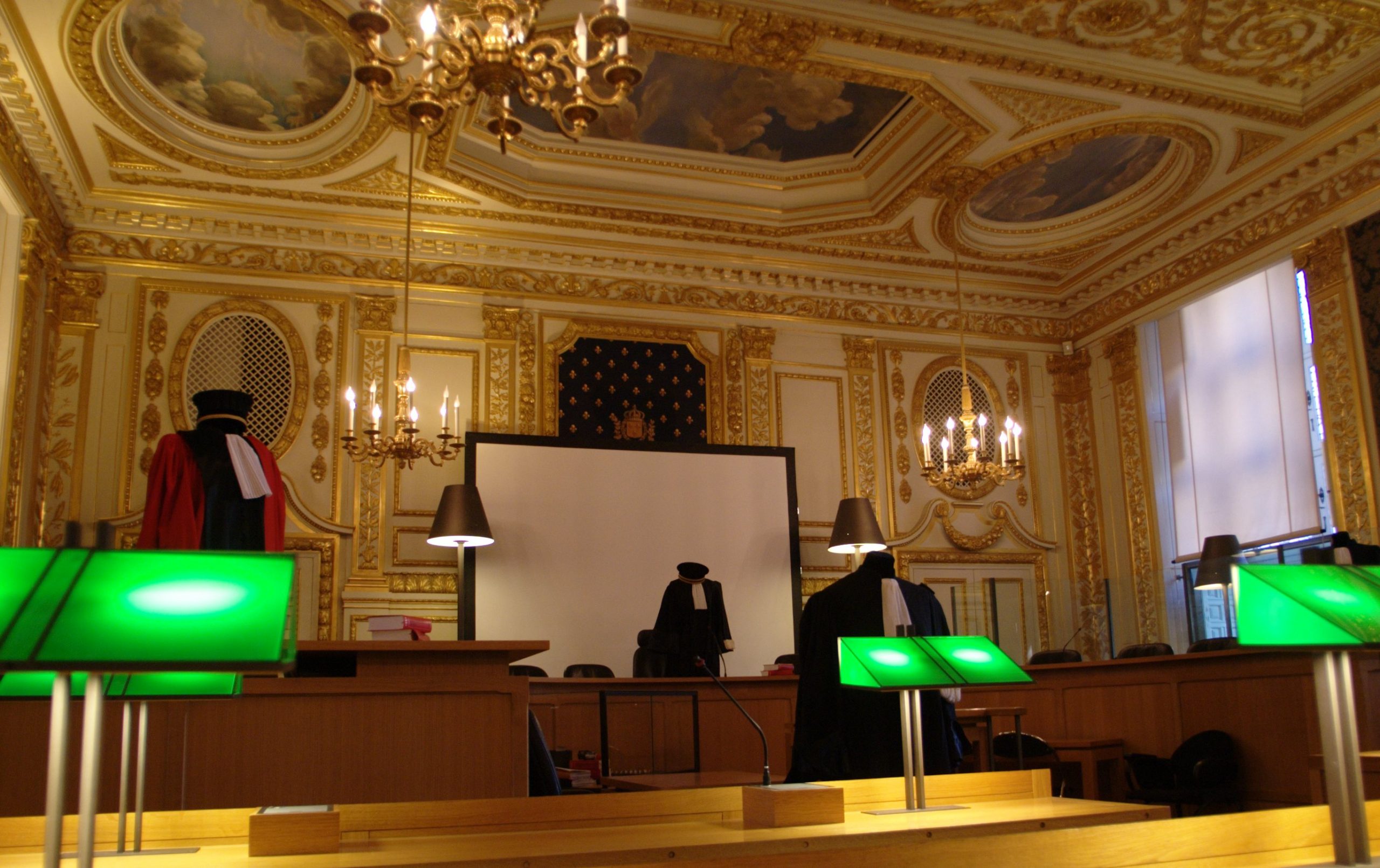With three judgments pronounced on 6th February 20081, the Court of Cassation has just reminded that drawing up a record of a lifeless child is not subordinated to the foetus weight nor to the pregnancy duration.
The facts
Three mothers having prematurely given birth to a child dead in utero (at 18 and 21 weeks of amenorrhea), had in vain requested to draw up a record of a lifeless child. Then the parents had applied to the court of first instance which repudiated their application, like the Court of Appeal of Nîmes. This refusal was based on the ministerial circular of 30th November 2001, including the definition of the viability from the World Health Organisation (WHO) of 1977, according to which a record of a lifeless child can only be drawn up for still-born children of at least 22 weeks and weighing over 500 grams. In most cases, foetuses which do not meet these criteria were then incinerated with operating room waste.
The law: the record of a lifeless child
The Court of Cassation, by reminding the hierarchy of the sources of law, rescinded these decisions. As the circular has no force of law, then the article 79-1 of the French civil code, coming from the law of 8th January 1993, is applicable. The 1st paragraph of this article stipulates that “Where a child is dead before his birth was declared to the civil registry, the officer of civil status shall draw up a record of birth and a record of death upon exhibition of a medical certificate stating that the child was born alive and viable“, in order to attest the death of a person; the paragraph 2 foresees that “In the absence of the medical certificate provided for in the preceding paragraph, the officer of civil status shall draw up a record of a lifeless child“. The text does not deal with the condition of viability of the child, but also it excludes it expressly as it concerns the children for whom it is impossible to draw up this medical certificate. This last paragraph gives an answer to the painful human problem caused by the death of an unborn child.
Record to the family record book
The record of a lifeless child enables recording the in utero dead child to the history of the family, and since the order of 26th July 2002, this declaration is recorded to the family record book. It is advisable to remind that this record does not determine any filiation; the family name, which is an attribute of the juridical personality and can only concern a child born alive and viable, is not indicated.
Burial rites
This act enables the parents to proceed to burial rites (order n°2006-965 of 01/08/06, article R.1112-75 of French public health code. These measures have been taken after having discovered 300 foetuses in a Parisian hospital (see Gènéthique No 69) and after the opinion of the National Consultative Ethics Committee (CCNE) seized at this occasion. “Most often the death of foetus or stillborn child is experienced by the parents as the death of the child. In any case this death requires health professionals and the administration department the respect of the body and the need of an accompaniment.
The abortion questioned?
This jurisprudential decision from the highest French legal court generated a debate between those who consider that it affects the “right to abortion” and those who estimate that it does not disturb at all as it only reminds the law. No one wants to let think that, by the fact of the law depenalizing abortion, the embryo is not anymore a human being. Nevertheless, the law of 17th January 1975 relating to abortion does not deny the embryo humanity and ensures in the 1st article “the respect of any human being from the beginning of his life”. If the embryo carried by a woman was not a human being, the law Veil would not have been necessary to depenalize abortion. This law confirms then, if needed, the embryo humanity.
Ideology and juridical fiction
Axel Kahn fears that “the perverse consequences” of this order are more important than the good they will give to families to who painful is recognised; “the perverse consequences” being, according to him, an implicit questioning of abortion.
Within contradictions of our society, he recognises that today our legislation is based on a juridical fiction he judges necessary. “Our legislation is full of fictions and this one [the one according to which we exist at birth, editor’s note] has so many advantages that it is imprudent to question it.“3
Denial of pain
According to Maïté Albagly, general secretary of the French Movement for Family Planning (MFPF), by evoking the pain related to the death of a foetus, “we make women who abort feel guilty“. Nevertheless, we have to recognize the obvious: an increasing number of women look for a psychological treatment after an abortion and several psychiatrists, like the Doctor Stéphane Clerget (author of “Quel âge aurait-il aujourd’hui ? Le tabou des grossesses interrompues” – see Gènéthique No 97) plead an accompaniment of antenatal burials4.
1. Orders No 128, 129, 130 of 06/02/08, Court of cassation, 1st civil chamber
2. Opinion No 89, 22/09/05
3. L’Humanité, 09/02/08
4. Le Monde, 28/11/07

